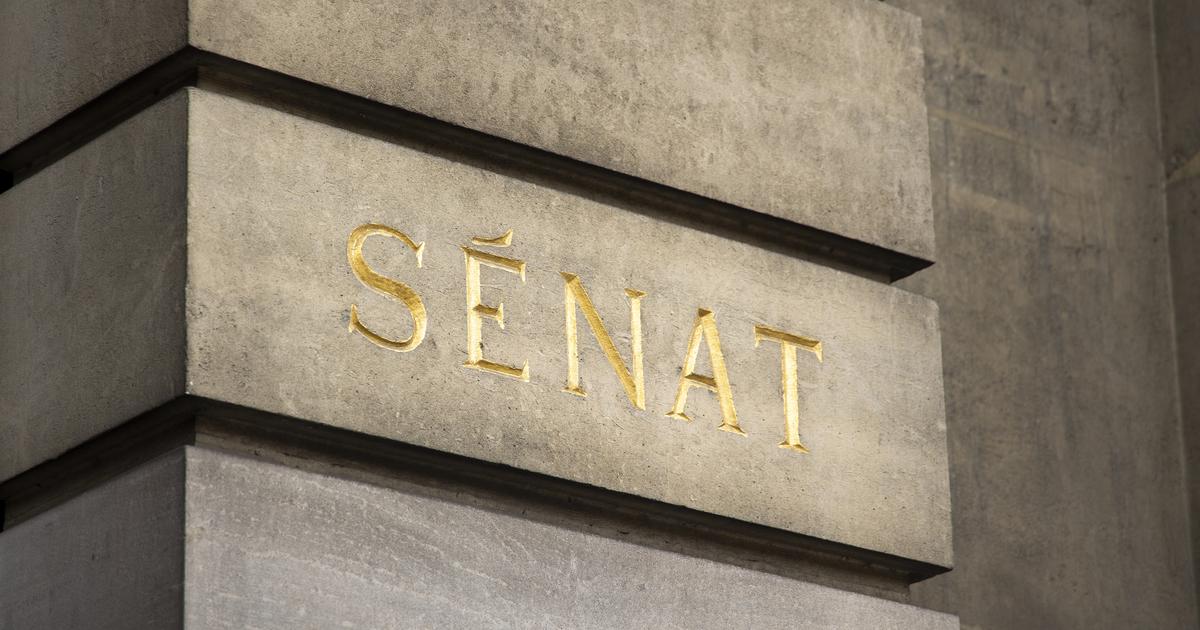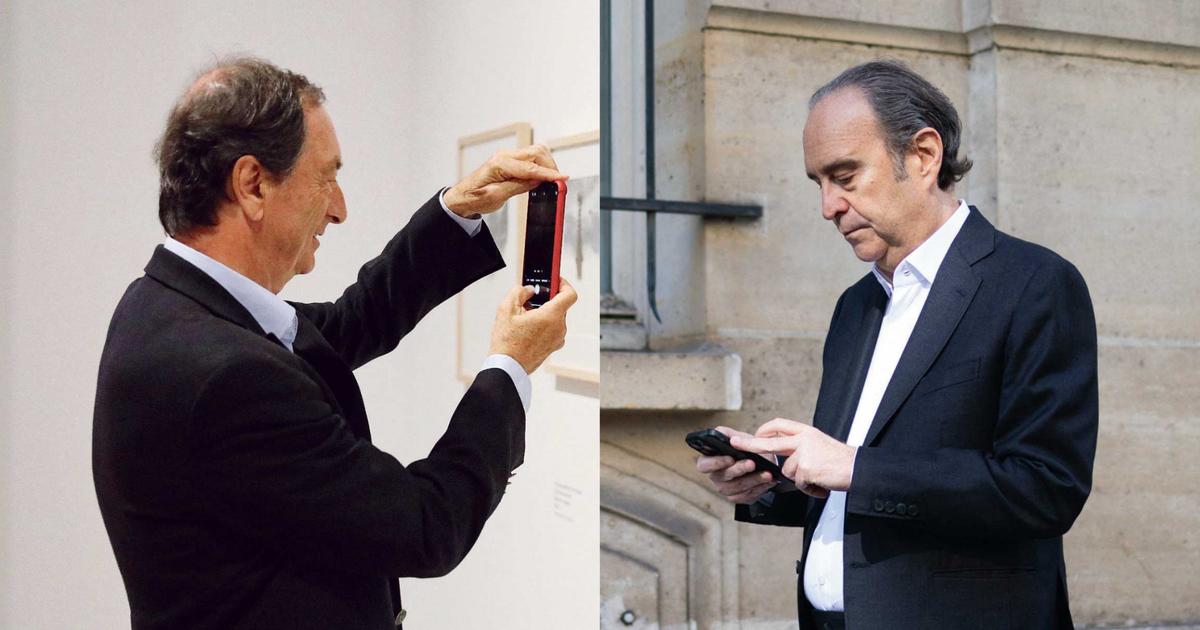Banco Santander has made a move in its succession plan.
The Mexican Héctor Grisi, until now responsible for the entity in North America and Mexico, has been chosen for the position of CEO.
The bank chaired by Ana Botín thus joins the growing trend of Spanish listed companies to appoint foreign executives to lead their business.
In fact, Santander already tried it before with Andrea Orcel.
Its main rival, BBVA, did so in 2018 by raising the Turkish Onur Genç to the position of CEO.
Just like Fluidra with Bruce Brooks.
More recently, last year, another company listed on the Ibex 35, Almirall, opted for foreign talent to lead its organization, such as India's ArcelorMittal.
Just like Siemens Gamesa has done this year with the appointment of the German Jochen Eickholt to replace his compatriot Andreas Nauen who in turn took over from Markus Tacke.
Three CEOs in less than 5 years after the merger of the German firm with the Spanish one.
Although at the controls of the Spanish listed companies there is more international talent.
For example, at Desa, eDreams Odigeo, Mediaset or Realia.
And also in companies that are not on the stock market such as Másmóvil, Cepsa, Esteve and, of course, in Spanish subsidiaries of multinationals such as Vodafone, Orange, Galp, Nestlé... The list is long.
Increasingly.
The reasons behind the rise of foreign executives in Spanish companies are related to the leap they have taken: many have gone from being international to being global, with their processes integrated throughout the world, says Carlos Recarte, partner of the talent scout Recarte & Fontenla.
And, as in the case of Banco Santander, that its American business far exceeds that of Spain.
“Why do you need a Spanish CEO if your business is abroad?
Global knowledge and knowledge of increasingly distant markets is required”, indicates Stefano Salvatore, managing partner of Heidrick & Struggles Iberia.
Of course, this trend also has to do with the origin of the majority shareholders of the companies, Germans since Siemens joined Gamesa, Indians at ArcelorMittal, Argentines at Prosegur or Italians at Mediaset.
Or from the investment funds behind them, such as eDreams or Fluidra (Rhone Capital has recently left the company).
“Companies are in the process of transformation.
They have to be disruptive.
And they look for global talent that is capable of transforming them.
The trend of hiring international talent is on the rise”, indicates Recarte.
Guido Stein, a professor at IESE Business School, confirms this in light of the growing number of students signing up for foreign companies, especially women, he says.
"There is greater mobility in senior management in general and it will increase," he predicts.
Spanish companies choose above all professionals from Europe and America.
Other cultures, such as Chinese, Indian or Arab, have penetrated little in the country.
Eyes that have seen different things, like Héctor Grisi in Mexico and the United States, and not only at Santander but at Crédit Suisse, have the ability to do different things, to innovate, according to Mario Lara, director of the Esade Madrid campus Business School.
Lara believes that the bank's future CEO (his term will begin next year) will add value by connecting different markets.
"Furthermore, foreign profiles help develop more diverse and inclusive cultures," he adds.
Research from the business school highlights that the two biggest levers of diversity on boards of directors are international diversity and gender diversity, both of which help improve the ESG performance of organizations to a greater extent than the rest.
Santander, continues Lara,
it has seven non-Spanish directors in its governing body, eight with Grisi;
is a council mainly born and developed outside of Spain.
Ana Botín already looked for international talent to lead the bank in 2018. But she failed in her attempt.
Andrea Orcel, former president of UBS Investment Bank, sued the entity, which was sentenced to pay 68 million euros last year for backing out of his appointment due to differences regarding compensation, in a sentence that the entity has appealed.
He may now want to compensate himself with the appointment of Grisi, "a profile from inside the house not like Orcel," says Lara.
From outside the headquarters of an organization it is easier to shine than from within, according to Luis Conde, founding partner of the selection firm Seeliger y Conde.
"Grisi has done very well in Mexico and Santander has thrown away with this appointment because it had him in the bank," he appreciates.
Leader challenges
The greatest challenge facing the Mexican executive is cultural, in the words of Guido Stein.
It must adapt to the uses and customs of the country and also to those of Santander, with a more arduous culture than BBVA, in which being a few meters from the president is not the same as being thousands of kilometers away, he says.
“Grisi has a reputation as an affable and detailed man, characteristics that are not abundant in the bank's senior management.
And he can learn from mistakes like Orcel's, who created problems before he came to the entity.
As well as dealing with the people who have been left out in the succession process,” he explains.
In his opinion, the most important challenge of the future CEO is not to change the income statement or to be liked by the shareholders,
How is the selection process
The appointments committee of the board is in charge of leading the succession process of a CEO.
Its members and also those of the management committee and the shareholders present their candidates for the position after having defined the characteristics of the profile they need according to the company's strategy.
Then they commission an external consultant to look for more professionals.
This locates candidates and compares them with those of the company.
Finally, he presents a list of less than 10 people from among those proposed by the client and his own, it is discussed and the company interviews between two and four people.
This process lasts between two and nine months, according to the sources consulted.
50% off
Exclusive content for subscribers
read without limits
subscribe
I'm already a subscriber

/cloudfront-eu-central-1.images.arcpublishing.com/prisa/VERFMBVNSVFGTELBPNOVWHI4NQ.jpg)




